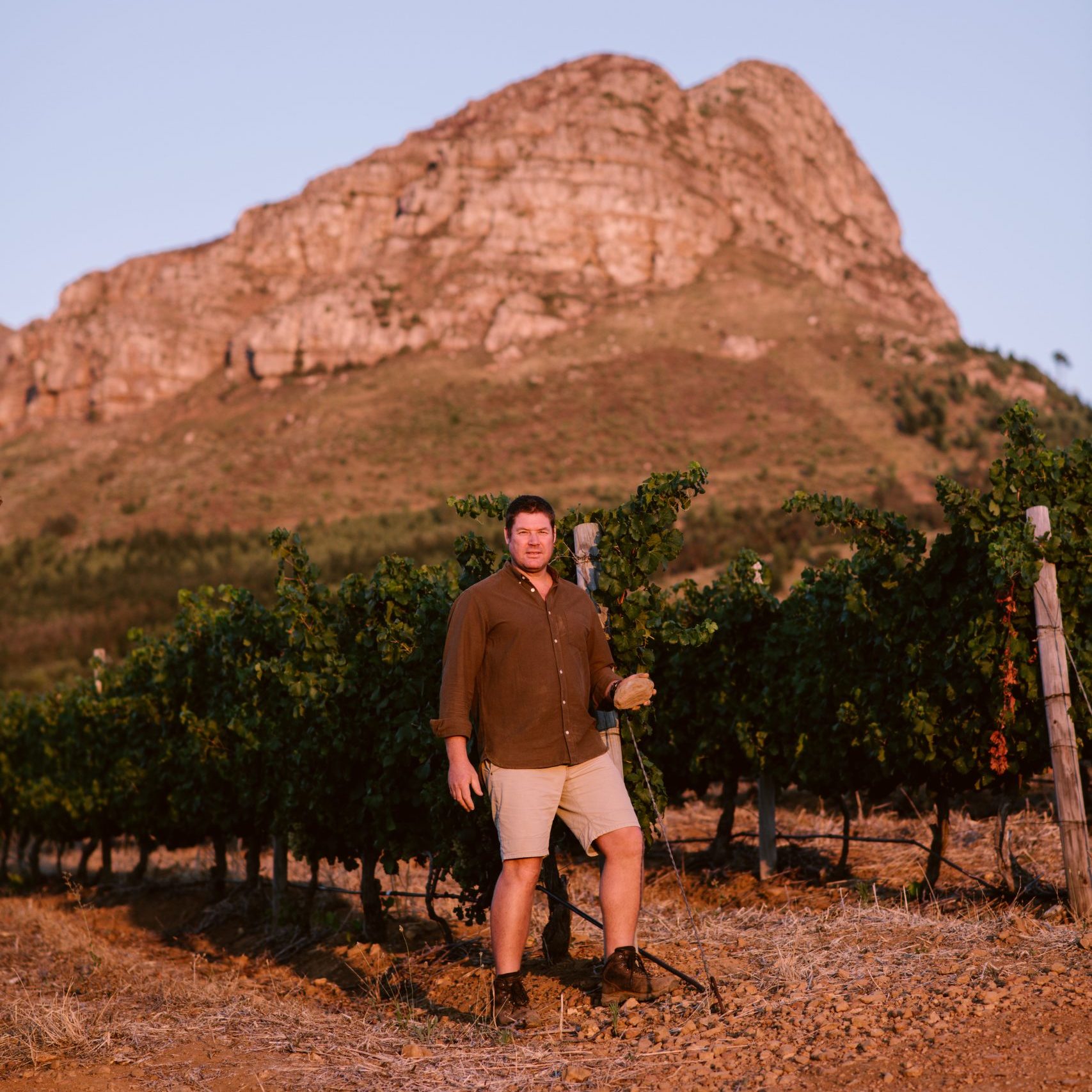South African wine booming in China
By Lucy ShawSales of South African wine are booming in China, having grown 63% last year as producers up their investment in the market and create unique bottlings.
As reported by Time magazine, Hein Koegelenberg, owner of La Motte and Leopard’s Leap, has gone into business with Perfect China to create “Perfect Wines of South Africa”, a brand specifically aimed at the Chinese market.
Along with La Motte and Leopard’s leap, Koegelenberg’s three wine brands accounted for half of South Africa’s wine exports to China in 2013 at 3m bottles.
While still behind France and Australia in terms of sales in China, South African producers are keen to make inroads in China due to fluctuating sales in Europe.
The L’Huguenot brand created for the Chinese market
Advised to keep labels French and classic looking for the Chinese market, Koegelenberg created the L’Huguenot brand for Asian consumers, which boasts a tasteful sketch of a vineyard on the front label.
While at first glance it looks like a French vineyard scene, Table Mountain and the Dutch-style farmhouse place the sketch firmly in South Africa.
Partner Content
Among the wines in the L’Huguenot range are a Shiraz and a Chenin Blanc, which, according to Time, were chosen to complement the seafood of southern China and the spicy food of the centre-west.
Proving how seriously he takes the Chinese market, every year Koegelenberg brings 250 sales reps from across the country to tour the wine lands of the Cape for a week and learn about South African wine.
The Swartland Winery is taking a different approach in China, playing on superstitions with “critter” labels. “They quite like the lions,” Pieter Terblanche, the winery’s marketing manager told Time.
Owner, South Africa-based Chinese immigrant William Wu, is keen to make a splash in Asia, having bought the company last year. The Swartland Winery entered the Chinese market last year.





Does William Wu actually own Swartland winery?
Has he actually paid for it?
What about Veenwouden? Same questions?
Is he actually selling any wine in China?
Confucius say he who plant vines on slope not on the level.
What are you getting at Mike? Come on, out with it!!